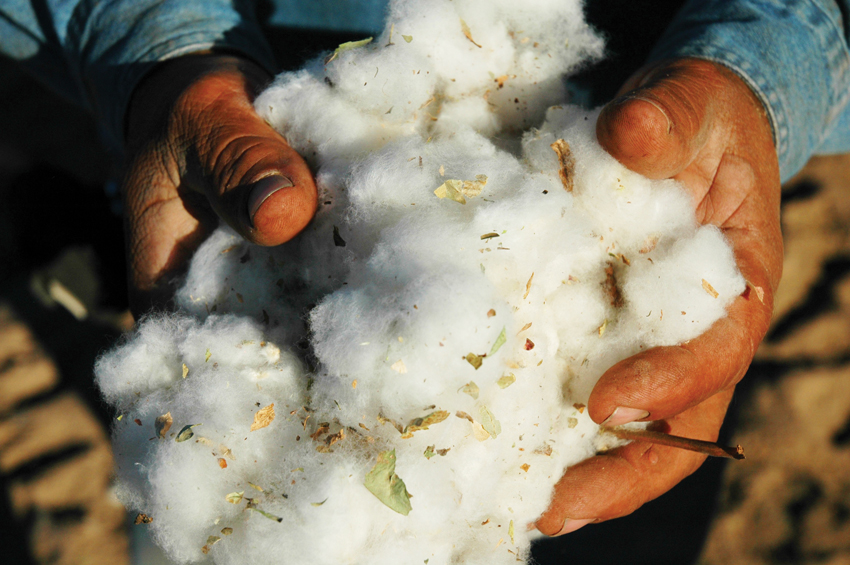Cotton farmers failing to make enough money in conventional farming for life essentials

A new study has revealed that millions of farmers are not earning enough from conventional cotton farming.
That is according to the Fairtrade Foundation, which has revealed the results of new research, which was designed to provide fashion brands with a useful tool to improve the transparency of cotton sourcing and deepen understanding of their social and environmental responsibilities.
Following the research, the Fairtrade Foundation warned that unless cotton is farmed sustainably, its production leaves a heavy environmental and social toll, which will affect its long-term viability.
The study measured the environmental and social impacts on rural households in India, one of the world’s largest producers of cotton. The valuation tool translates environmental and social values into the language of business and economics. It converts impacts and dependencies into costs and benefits expressed in monetary terms. With an overall indication of cost and benefit, companies can identify trade-offs and synergies in a systematic way.
It found that the combined social and environmental costs of Fairtrade cotton farming are five times lower than that of conventional cotton farming. Data showed that the impacts of Fairtrade farming methods were 97 per cent lower for the social elements and 31 per cent lower for environmental components studied.
The most significant social advantage for Fairtrade farmers was having more income. The research compared community benefits from Fairtrade Premiums, fair wages, income for farmers, engagement of unacceptable labour practices, such as child labour and social cost of overtime. It revealed that Fairtrade cotton farmers tend to have lower social costs, and higher social benefits such as fairer wages and investment in local schools.
Fairtrade cotton performed significantly better than conventional for all environmental KPIs cotton. Areas surveyed included land use, water pollutants, water use, GHG emissions and soil pollutants.
Subindu Garkhel, Cotton Manager at the Fairtrade Foundation, said: “Cotton is an integral part of our lives, from the sheets on our beds to the identity we project through the clothes we wear. Not only that, but cotton also provides livelihoods for millions across the globe. But there is a strong cost for people and planet with cultivating the cotton that goes into our clothes, and our study shows that is markedly higher for conventional cotton farming.
“This research illustrates how Fairtrade empowers farmers to decide their own future, is better for their communities and has a substantially lower footprint than conventional cotton.”

 Organic & Natural Business magazine
Organic & Natural Business magazine
